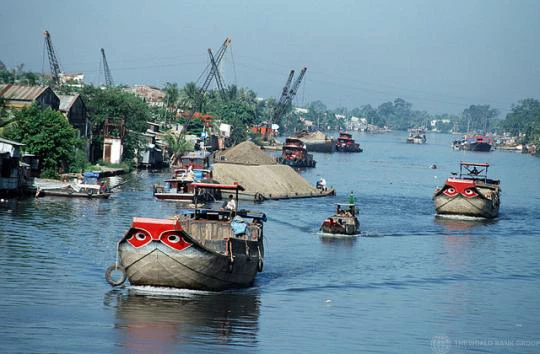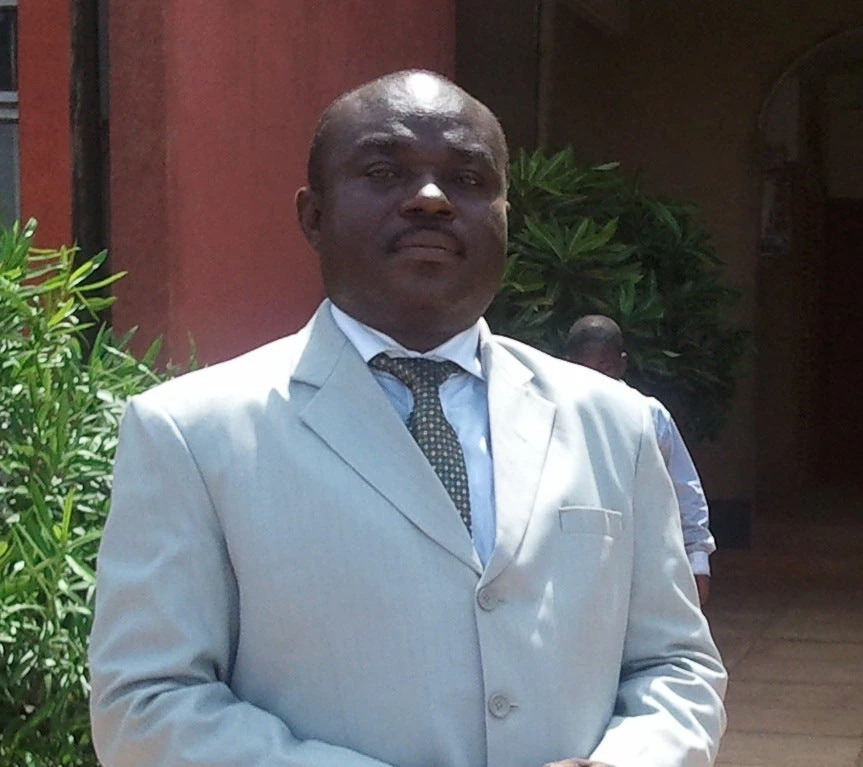
Whenever aid and development money is involved, one question consistently emerges: How do you make sure it does not fall on the wrong hands? This is a question that the World Bank country team in Vietnam and elsewhere has been grappling with. How do we ensure that financing for World Bank projects actually serves to its intended purposes and supports the ultimate goals of eliminating extreme poverty and boosting shared prosperity?
World Bank country staff in Vietnam realized that previous responses to fraud and corruption have focused too narrowly on individual projects. What are the factors that cause and perpetuate fraud and corruption in the first place? They needed to sufficiently address the root causes of the problem, and not just the symptoms. Despite greater awareness and more open debate about corruption in Vietnamese society, there's no evidence that allegations of fraud and corruption have decreased in the last several years.
To nip the canker in the bud, the Vietnam country team is developing a Strategic Action Plan to Address Fraud and Corruption Risks. The plan identifies broad areas of fraud and corruption concerns, categorizes them, and proposes measures and activities for mitigation. Teams across different World Bank departments called “Global Practices” have come together to mainstream and implement the plan into core operations.
The Action Plan has been categorized under three distinct groupings, each containing a number of related activities:
(1) Addressing Systemic Issues at National and Sector Levels: Fraud and corruption in society can be caused by a variety of factors: economic, institutional, political, social, and historical. We need to look into these to identify those specific areas where reforms may have the greatest impact. There will also be a systematic review of process flows to identify risks in the flow of money or goods. Important activities in this category include awareness raising and collaborating with key government institutions in detecting and addressing conflict of interest situations, fraud, collusion, and coercion in various projects.
(2) Addressing Project-Level Risks: While identifying system-wide factors is important, there are also “episodic” issues that affect individual projects in the design, procurement, and financial management stages. Those will be covered by studying past occurrences and patterns of fraud and corruption. The activities under this category will identify corruption vulnerabilities and corresponding early warning signals from the perspective of task team management, highlight corruption risks that might arise at various points in the project cycle, and provide guidance for designing mitigation measures.
(3) Raising Awareness of Fraud and Corruption among Bank Staff: If we are to end fraud and corruption, we need to empower the people who will do it. Forums, trainings, and learning activities on ethics will equip staff with the requisite knowledge and tools to identify fraud and corruption issues throughout the entire project cycle. This will help and empower project teams to design appropriate mitigation measures and actions, report to the appropriate quarters, and avoid counterproductive actions.
Implementation of the Action Plan commenced in October 2014, with the leadership of the Hanoi-based team under the Public Integrity and Openness Department. As part of the roll out, key stakeholders implementing Bank-financed projects will be trained on various strategies, giving them an opportunity to learn best practices from other countries. “Vietnam’s portfolio has always delivered good results. Working with Government counterparts and beneficiaries to implement a more strategic approach to addressing fraud and corruption risks is important for maintaining this good track record,” says Victoria Kwakwa, the World Bank’s Country Director for Vietnam.
Results of the Action Plan will be assessed at the end of each fiscal year, with necessary adjustments made to reflect new findings and address weaknesses. This is how the Vietnam country team will tackle fraud and corruption.
How do YOU #takeon #corruption and promote #goodgov? Tell us in the comments.


Join the Conversation